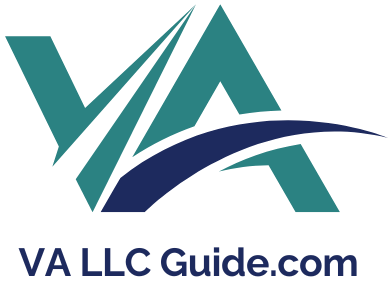*This post is for informational purposes only and does not constitute legal advice. Additionally, some links in this guide may be affiliate links. For more details, visit our disclaimer page.
One of the most important aspects of running an LLC is figuring out how to pay yourself properly. As a Virginia LLC owner, how you take money from your business depends on your LLC’s tax structure. Paying yourself the right way ensures compliance with tax laws, keeps your business finances organized, and helps you maximize your income.
*Expand each section below to learn more.
Paying yourself from your LLC is straightforward once you understand the different methods. Owner’s draws work well for single-member LLCs, while S-Corp owners must take a reasonable salary before distributions.
Whichever method you choose, keeping accurate records and setting aside money for taxes ensures smooth financial management for your Virginia LLC.
